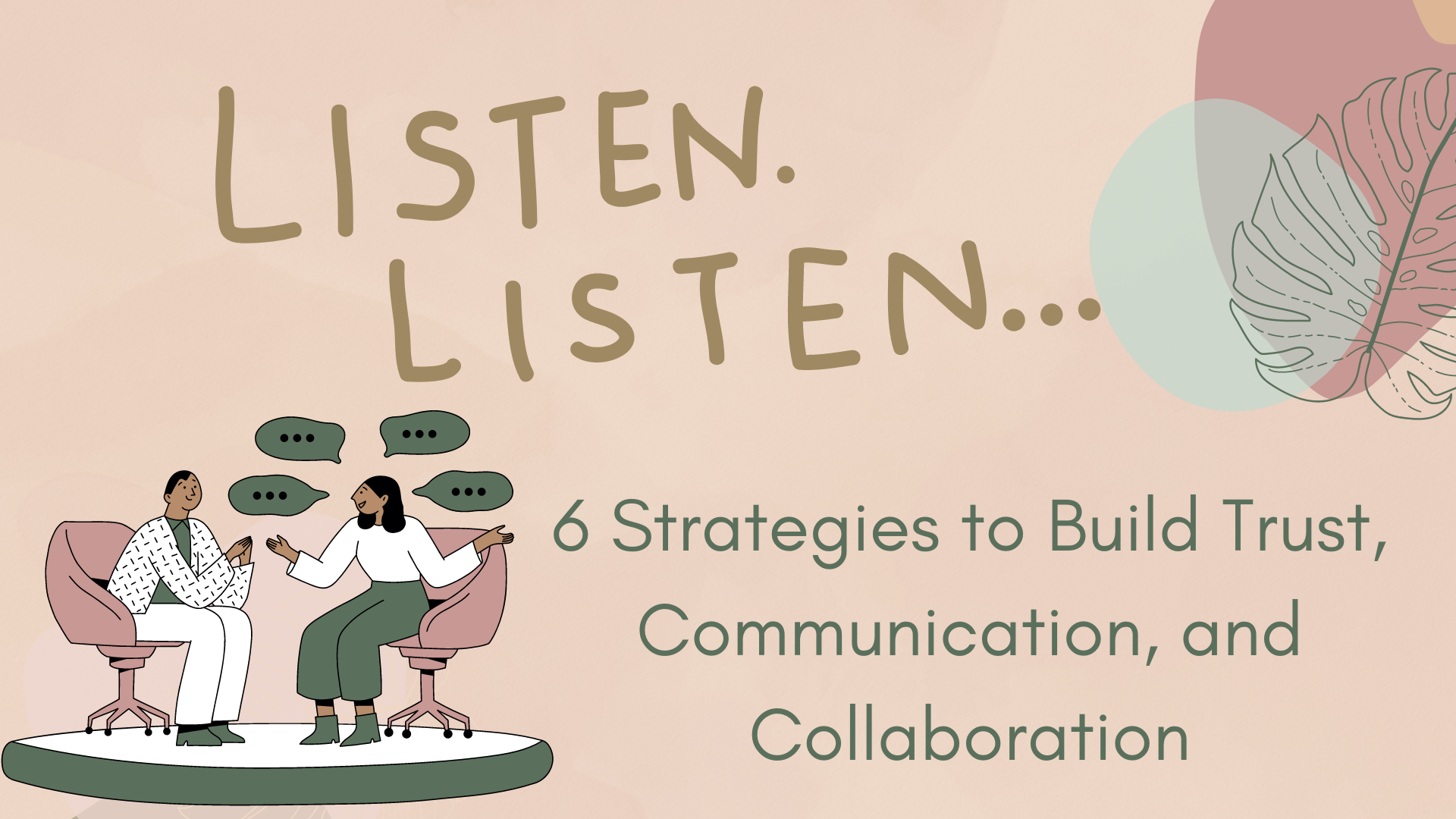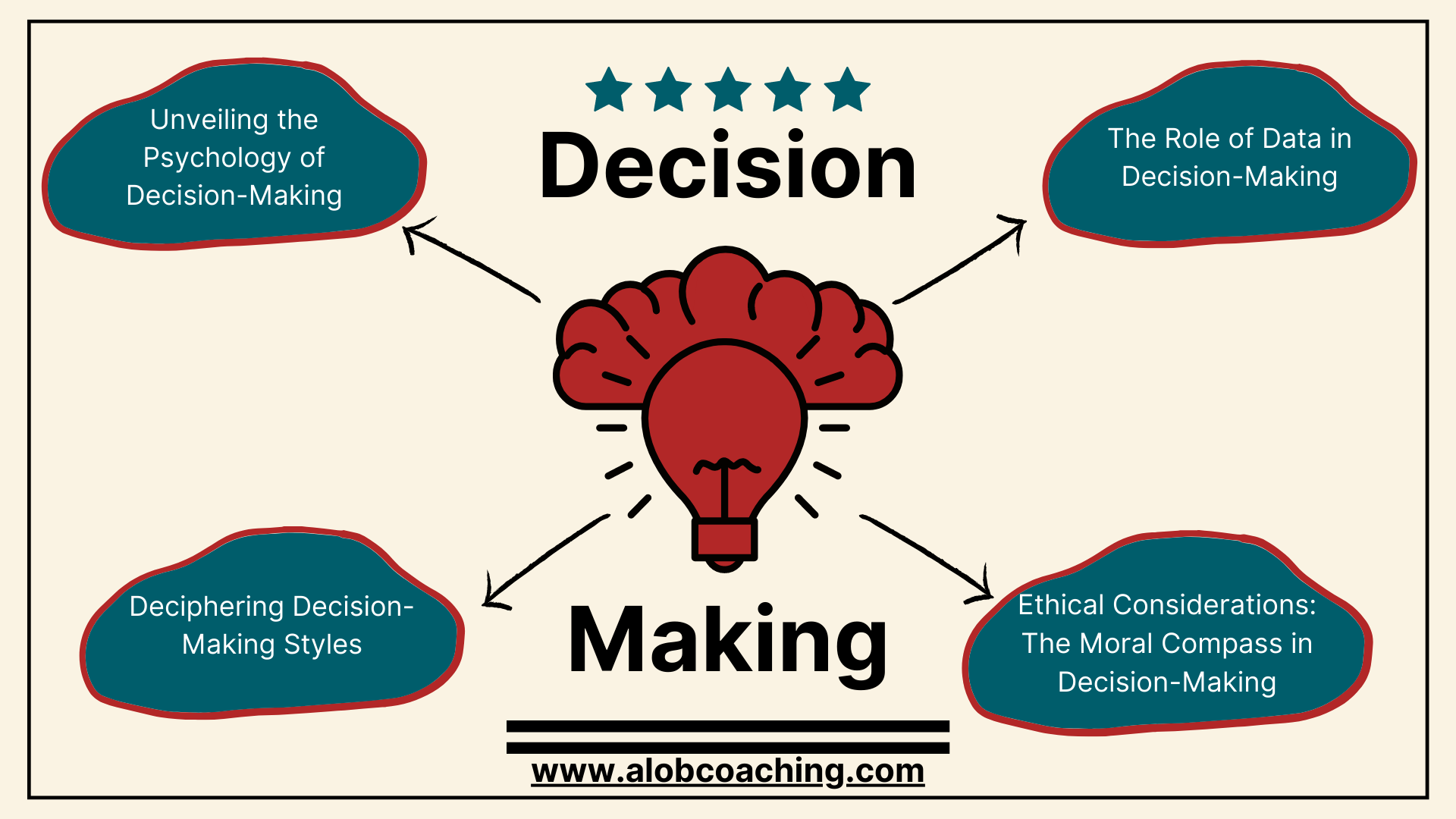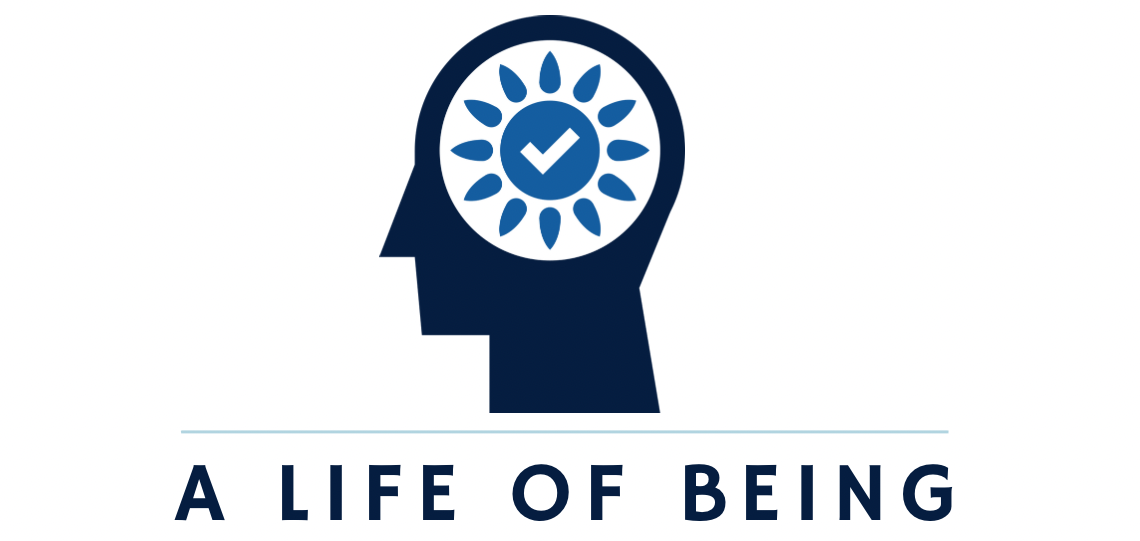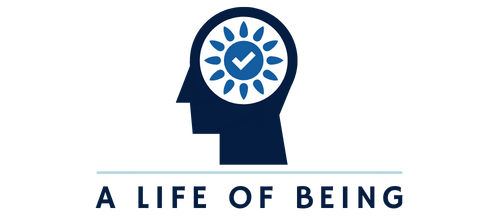The Art of Active Listening in Leadership
Enhancing Connection and Empowerment through the Power of Active Listening

Effective leadership goes beyond giving orders; it involves truly understanding and connecting with team members. Active listening is a cornerstone of successful leadership, and in this blog post, we will explore its importance and provide practical strategies to master this art. As part of our Cultivating Leadership Mindset theme, we will integrate positive psychology principles from the S+PERMA framework and the Start Seeing Results Method to enhance active listening skills. Join us on this journey to become exceptional leaders through the power of active listening.
The Importance of Active Listening in Leadership
Active listening is a vital skill that fosters trust, communication, and collaboration within a team. As leaders, when we actively listen to our team members, we show them their voices are heard, valued, and respected. This cultivates a positive work environment, boosts employee morale, and enhances team performance. By making an effort to understand the thoughts, feelings, and perspectives of others, leaders can build strong relationships and inspire greater engagement among team members.
Strategies for Active Listening from Positive Psychology
1. Be Fully Present:
Practice being fully present during conversations with your team. Put aside distractions, focus on the speaker, and maintain eye contact. Being fully present shows genuine interest and respect for individuals sharing their thoughts.
2. Show Empathy:
Cultivate empathy by trying to understand the emotions and feelings behind the words. Acknowledge and validate their emotions, even if you may disagree with their perspective.
3. Practice Non-Judgment:
Avoid jumping to conclusions or making hasty judgments during conversations. Embrace an open-minded approach and allow the speaker to express themselves without fear of criticism.
4. Use Reflective Listening:
Employ reflective listening techniques, such as paraphrasing and summarizing, to show that you understand and value their perspective. This fosters a sense of connection and trust.
5. Ask Open-Ended Questions:
Encourage deeper discussions by asking open-ended questions and inviting team members to share their thoughts and experiences. This demonstrates your genuine curiosity and desire to learn from them.
6. Provide Positive Feedback:
When team members express their ideas or concerns, offer positive feedback and reinforcement. This reinforces their contributions and encourages future participation.
Conclusion
Active listening is an invaluable skill for effective leadership, and by incorporating positive psychology principles from the S+PERMA framework and the Start Seeing Results Method, leaders can take their active listening skills to new heights. When leaders actively listen to their team members, they create an environment of trust, respect, and collaboration, resulting in higher employee engagement and overall team success.
Are you ready to become an exceptional leader through active listening?
Subscribe to this blog below and our newsletter for more insights on cultivating a leadership mindset.
Take the first step by downloading the
Leadership Influence IQ
to discover your leadership influence and unlock your true leadership potential.
Together, let's pave the way for positive change and transformational leadership in the workplace!
The Blog


a b c d e f g h i j k l m n o - Do not remove from template!!! it is important to support different fonts



